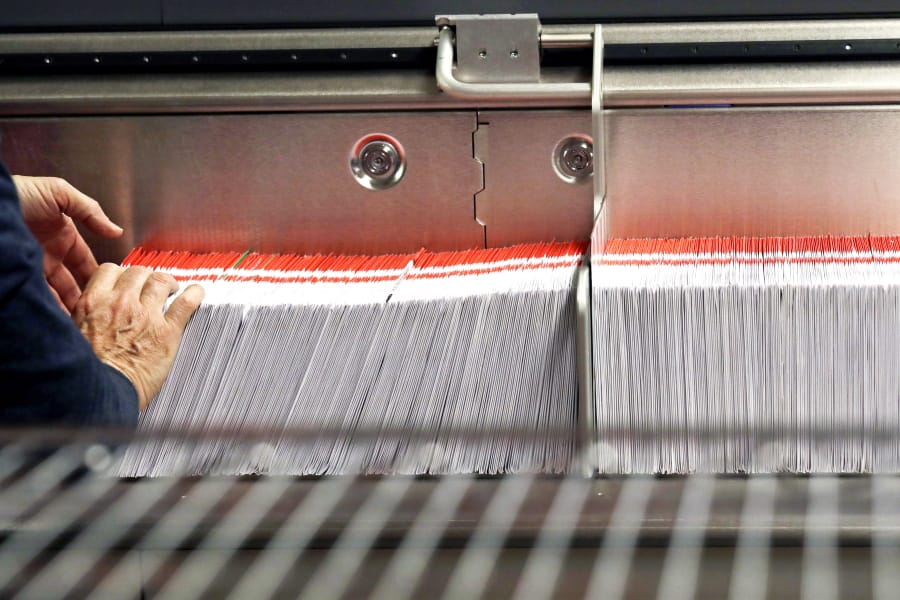On Wednesday, voters across King County were, for the first time, able to cast their ballots online, via mobile phone or touch-screen device.
There is a catch.
Online voting was available for the King Conservation District Board of Supervisors election, a contest so obscure that voters have typically had to specifically request a ballot to vote. King Conservation District elections have typically drawn voter turnout of 1 percent to 3 percent.
Still, it is the first election anywhere in the country in which every registered voter was eligible to vote online, according to Tusk Philanthropies, the nonprofit partnering with the county to implement the system. And county officials are viewing the online election as a pilot project that could, if successful, be a step toward expanding electronic access in all elections.
“This election could be a key step in moving toward electronic access and return for voters across the region,” King County Director of Elections Julie Wise said. “My role here is to remove barriers to voting.”
Wise acknowledged that, in a world where everything online is theoretically vulnerable to hacking, many may be leery about voting online.
“There’s a lot of things we do online, banking, health records, that are also of concern for people that are secure,” Wise said. “I’ve vetted this, technology experts in the region have vetted this to ensure that this is a safe, secure voting opportunity.”
She also stressed that it’s not something they’re about to roll out for all King County elections.
The King Conservation District covers all of King County except for Enumclaw, Federal Way, Milton, Pacific and Skykomish, and has been around since 1949. It works with landowners to help them implement conservation practices — things like habitat restoration, forest management and shoreline protection — on private property. It has no regulatory powers, and landowners have no obligation to work with it.
It has 35 employees, an annual budget of $7.8 million and a five-person volunteer board of supervisors, three of whom are elected. Candidates in this year’s election are Chris Porter, a beekeeper and pharmaceutical salesman; and Stephen “Dutch” Deutschman, a retired air-cargo worker. Through a quirk of state law, the conservation district runs its own elections and those elections must be held in the first quarter of the year.
Sending ballots to all 1.2 million voters in the conservation district would eat up somewhere between 10 percent and 25 percent of the agency’s budget. So, in the past few years, they’ve asked voters to go online and request a ballot, which then is mailed to the voter, who must then fill it out and mail it back to complete the process. About 3,500 people voted in last year’s election, less than 1 percent of registered voters.
“We have been looking for ways to increase awareness and increase voter participation for a number of years,” said Bea Covington, executive director of the conservation district. “We’re providing a really large beta test of this kind of ballot access.”
Voting began Wednesday, when ballots are typically mailed for February elections, and ends on Election Day, Feb. 11.



